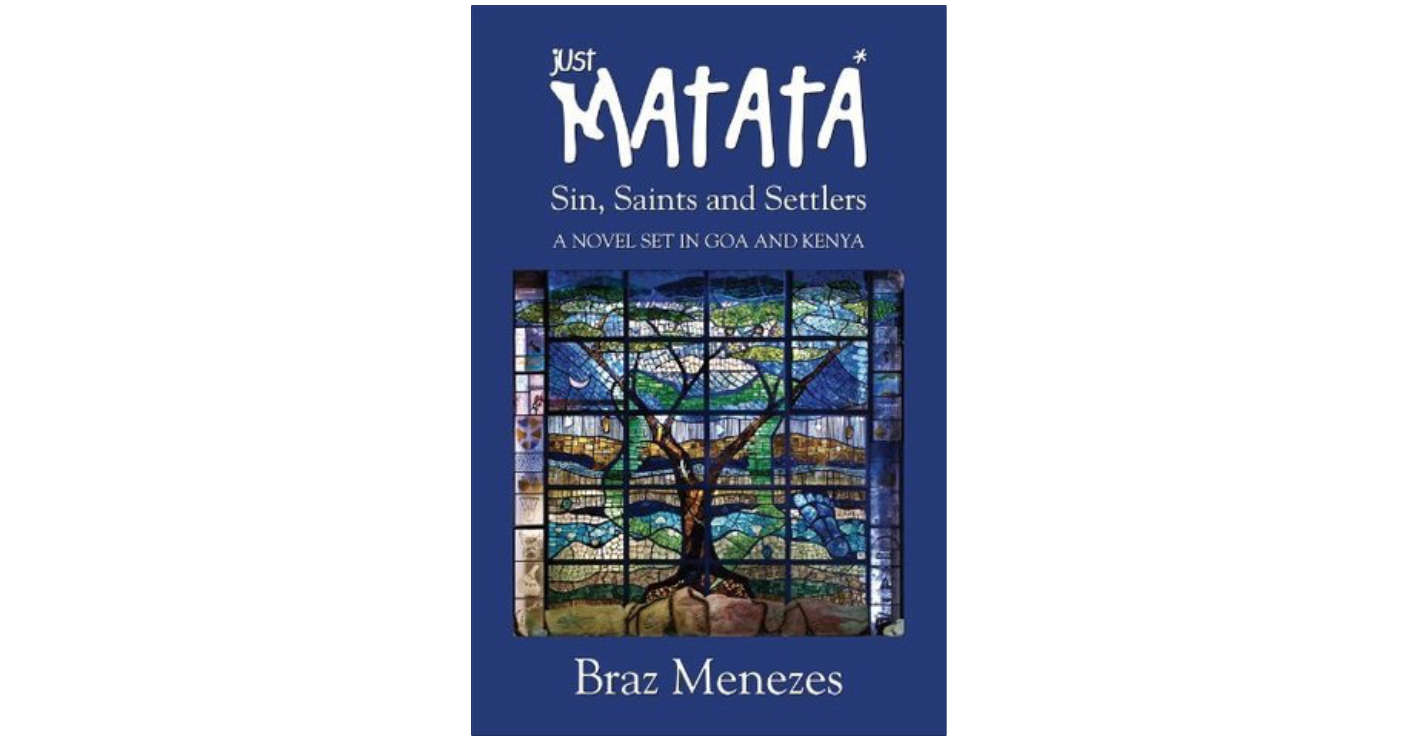

The title itself tells you all you need to know. There will be trouble, and it will not just be the sort that involves a chewed slipper or a missing school lunch.
The author does not give us a polished, sepia-toned memoir. Instead, he hands us a kaleidoscope of stories that wobble between hilarity and heartbreak, offering glimpses of Kenya and Goa that are as textured as they are unpredictable.
Lando, the boy at the centre of it all, is not some saintly protagonist designed to impress us with precocious wisdom. He is a lovable bundle of curiosity and mischief, the sort of child who makes you laugh even as you shake your head and think, ‘This will end badly.’ And end badly it often does, though ‘badly’ in this universe usually means a dog knocking over laundry or an adult scandalised by youthful cheek.
But while the matata of everyday life makes for lighthearted reading, the author is slyly setting the stage for bigger trouble, the kind that comes from colonial hierarchies, cultural collisions and the uneasiness of never quite belonging to one world or the other.
What makes Just Matata remarkable is how seamlessly it mixes the personal with the political. One moment, you are chuckling over childhood antics, and the next, you are caught off guard by the stark realities of segregation or the quiet compromises families must make to survive in fractured societies. The author does not pound you over the head with history; he slips it in with the stealth of a mischievous schoolboy. The result is a narrative that entertains you into learning. You laugh, and then you realise you have just digested a meditation on identity, diaspora and colonial absurdities.
The author’s prose is rich with the sensory details of everyday life: the smell of spice-laden kitchens, the texture of school uniforms, the sly glances exchanged across church pews. Reading the book feels a bit like being invited into someone’s home, plopped in front of a steaming curry, and being told stories that wander from family gossip to deep truths.
He seasons generously with humour, never allowing the heavy themes to suffocate the playful spirit at the book’s core. Even when colonial nonsense presses down like a poorly fitted suit, there’s always a dog, a cousin or a slip of the tongue ready to turn the moment into a grin.
For instance, when most kids boast about breaking records, they are usually talking about running the fastest lap at school or eating the most mangoes in one sitting. But in Lando’s world, the measure of greatness is far holier, and far funnier. After a particularly spirited brush with mischief, he declares with pride:
“Sixty Hail Marys! I may have broken a record.”
The subtitle, Sin, Saints and Settlers, is not decorative fluff. The author revels in the contradictions of a life lived between worlds, where religion mixes with superstition, colonial codes clash with community rituals, and the lines between right and wrong blur into survival strategies.
Saints are not spotless, sins are not straightforward and settlers are not quite at home, even in the land they occupy. Trouble, it turns out, is not just about what children or dogs do; it is about what societies enforce, what families hide and what individuals must reconcile.
Nevertheless, the book is not flawless. At times, the cast of characters and barrage of details feel overwhelming, like crashing a family reunion where everyone assumes you already know who Auntie’s second cousin is. But even when you lose track, the generosity of the storytelling keeps you anchored. You may not catch every reference, but you will catch the rhythm, and that rhythm is irresistible.
Just Matata is not just a book about a boy, a dog or even two continents. It is about how trouble — matata — shapes us. Sometimes trouble is the spice that makes life flavourful. Sometimes it is the burn that lingers longer than we would like.
The author serves both in generous helpings, and the result is a story that feels at once deeply particular and universally human. Pick it up expecting a bit of mischief, and do not be surprised if you walk away with a deeper understanding of history, identity and the absurd comedy of a life lived between worlds.














